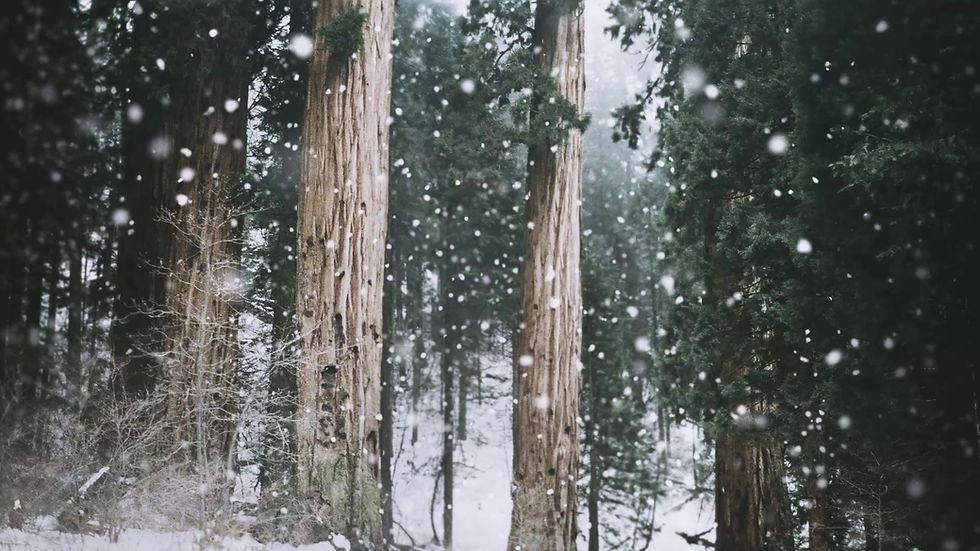

Fictional letters


From Florence to Herbert
From Herbert to Florence

Herbert clayton

An actor before he went off to fight in the first world war, Sergeant Herbert Clayton was just another canadian before he went off to fight in the first world war. He grew up in Yorkshire england with his mother and father. Clayton lived in Peterborough at 694 George street before he signed up to join the army. On August 16’th of 1915 Clayton enlisted in the Military. He was deployed with the 59’th batallion. His regimental number was 455498 for the duration he was enlisted. Herbert Clayton was married to Florence Clayton with one son. Clayton was covered in tattoos, these such tattoos include the name “ELEANOR” on his left arm. On his left forearm he had a lady, a pair of clasped hands, and a snake in a palm. On Claytons breast there was a photo of his sister with another pair of clasped hands. On his right arm there was a photo of Buffalo Bill and on his right forearm there was a cross, the words “In memory of my mother”, and two lillies. Clayton wasnt very tall in today’s standards at only 5”7’ and weighed only 135 lbs. He was physically built like the average person, which makes sense because Herbert Clayton was just that; and average person.Clayton was like the many soldiers who injured themselves to get out of the war, except he felt much stronger. On April 20, 1917 Herbert Clayton commit suicide via throat wound in the field. He is now buried in the Cabaret-Rouge British cemetery in France.

(ABOVE PHOTO NOT OF HERBERT CLAYTON)

(BELOW PHOTO NOT OF HERBERT CLAYTON)
BIOGRAPHY

Burial info
Clayton's possible battles

Cabaret-Rouge British Cemetery, located approximately 6 kilometres from the Vimy Memorial, just outside of Souchez, France.


Caberet Rouge was a small, red-bricked, red-tiled café that stood close to this site in the early days of the First World War. The café was destroyed by shellfire in March 1915 but it gave its unusual name to this sector and to a communication trench that led troops up the front-line. Commonwealth soldiers began burying their fallen comrades here in March 1916. The cemetery was used mostly by the 47th (London) Division and the Canadian Corps until August 1917 and by different fighting units until September 1918. It was greatly enlarged in the years after the war when as many as 7,000 graves were concentrated here from over 100 other cemeteries in the area. For much of the twentieth century, Cabaret Rouge served as one of a small number of ‘open cemeteries’ at which the remains of fallen servicemen newly discovered in the region were buried. Today the cemetery contains over 7,650 burials of the First World War, over half of which remain unidentified.
Herbert Clayton died 8 days after the battle of Vimy Ridge, and although his battallion (59'th) is not directly credited for the victory, his batallion is still assosciated with the Battle Honour. I believe that this assosciation could be a very important fact leading up to Clayton's suicide. Its hard to dismiss the fact that he killed himself merely 8 days after Vimy Ridge. Perhaps he saw the battle and all the deaths, and it drove him to insanity.

Creative Link

The Second Battle of Ypres, 22 April to 25 May 1915

Les héros de St-Julien et de Festubert : recruitment campaign.
Lights Out
I have come to the borders of sleep,
The unfathomable deep
Forest where all must lose
Their way, however straight,
Or winding, soon or late;
They cannot choose.
Many a road and track
That, since the dawn’s first crack,
Up to the forest brink,
Deceived the travellers,
Suddenly now blurs,
And in they sink.
Here love ends,
Despair, ambition ends;
All pleasure and all trouble,
Although most sweet or bitter,
Here ends in sleep that is sweeter
Than tasks most noble.
There is not any book
Or face of dearest look
That I would not turn from now
To go into the unknown
I must enter, and leave, alone,
I know not how.
The tall forest towers;
Its cloudy foliage lowers
Ahead, shelf above shelf;
Its silence I hear and obey
That I may lose my way
And myself.
The Owl
BY EDWARD THOMAS
Downhill I came, hungry, and yet not starved;
Cold, yet had heat within me that was proof
Against the North wind; tired, yet so that rest
Had seemed the sweetest thing under a roof.
Then at the inn I had food, fire, and rest,
Knowing how hungry, cold, and tired was I.
All of the night was quite barred out except
An owl’s cry, a most melancholy cry
Shaken out long and clear upon the hill,
No merry note, nor cause of merriment,
But one telling me plain what I escaped
And others could not, that night, as in I went.
And salted was my food, and my repose,
Salted and sobered, too, by the bird’s voice
Speaking for all who lay under the stars,
Soldiers and poor, unable to rejoice.